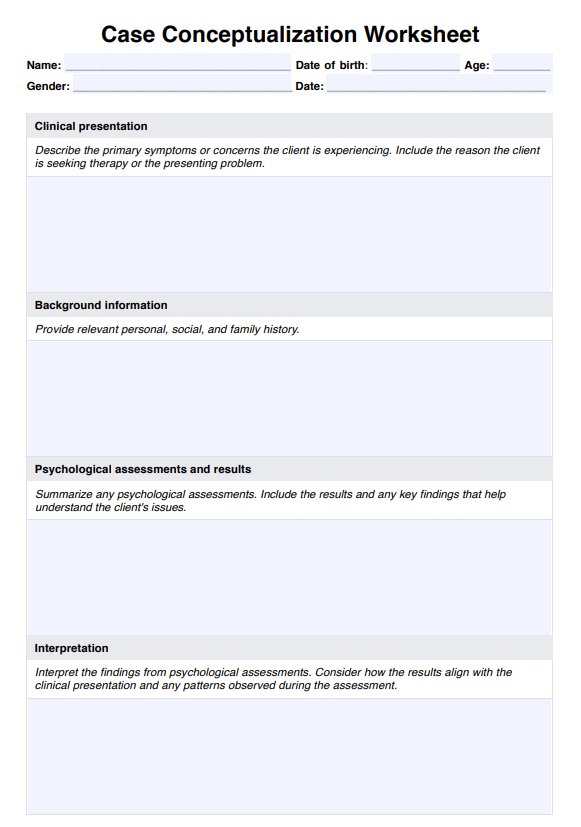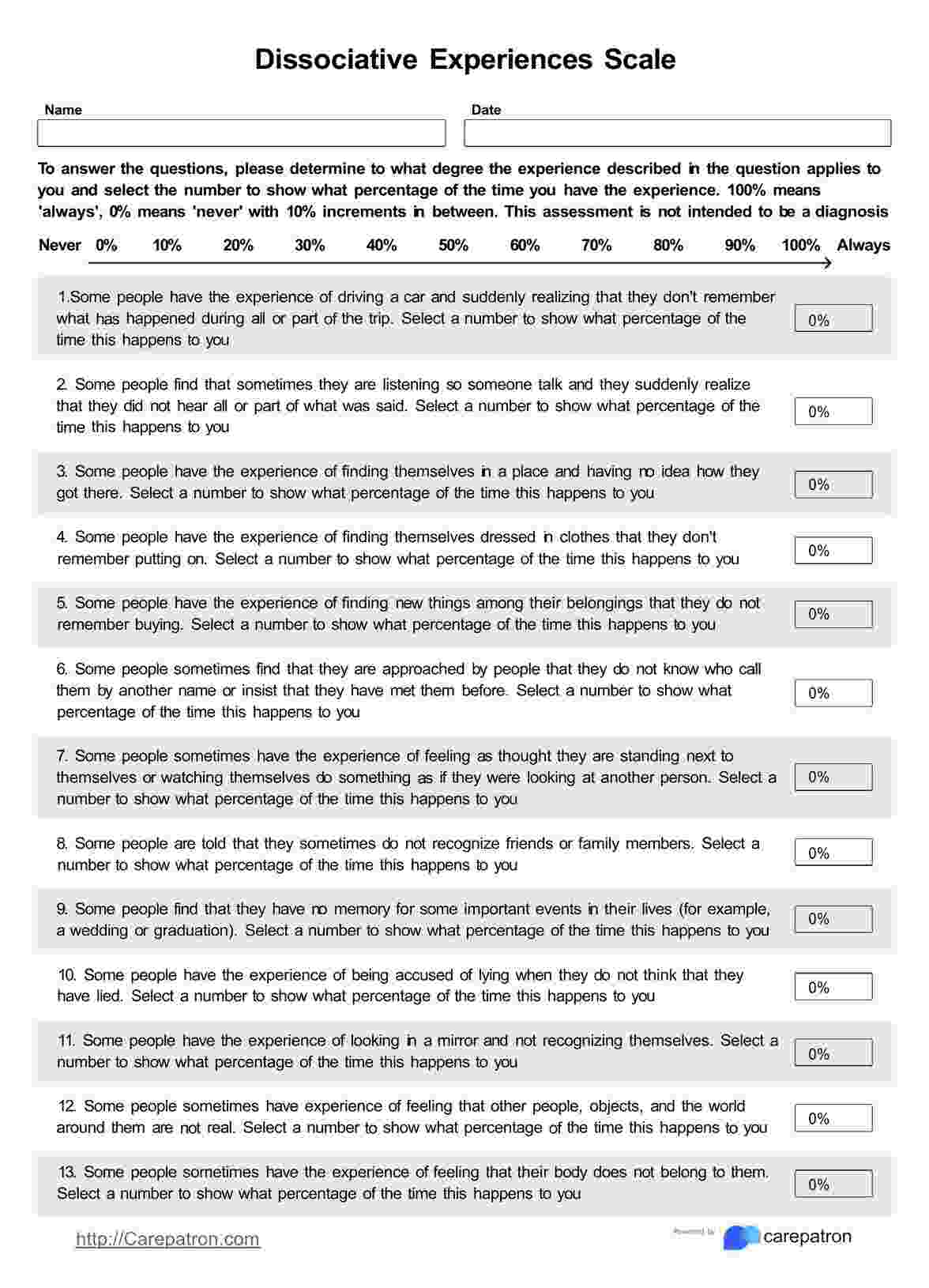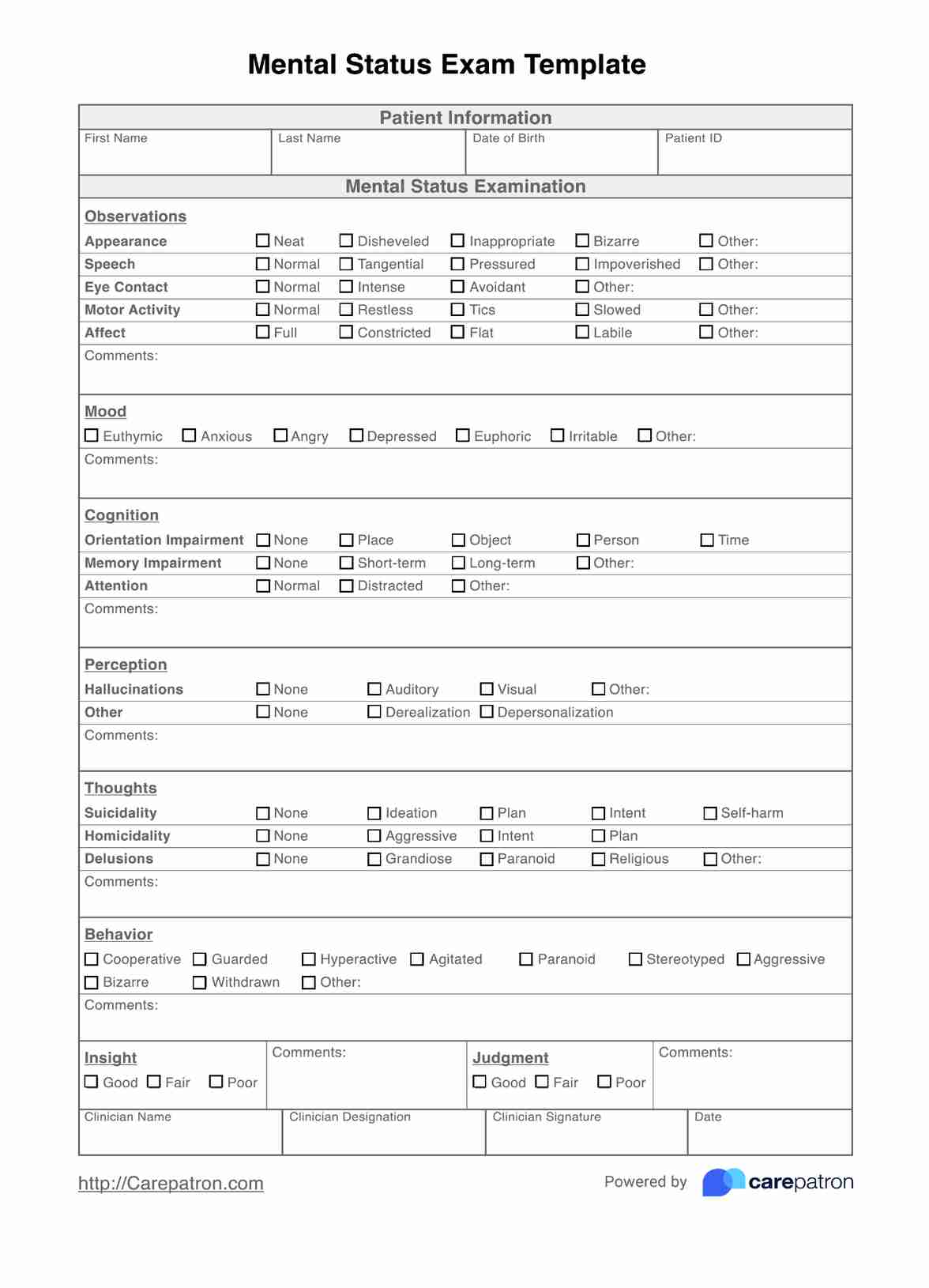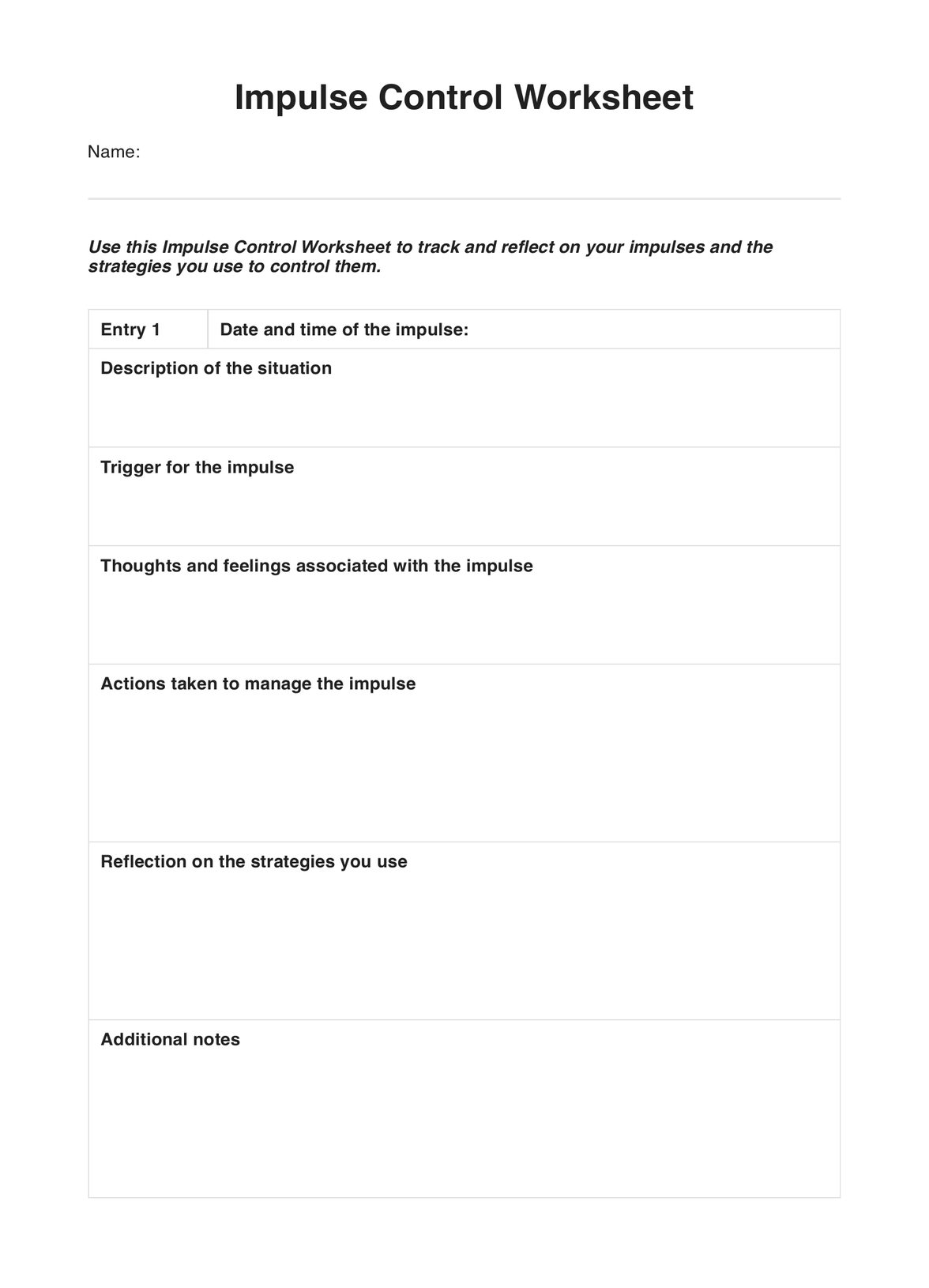The Dark Triad Test
Learn more about the Dark Triad Test, and how to assess the three psychological traits that affect personality.


What are the dark triad traits?
The dark triad personality traits refer to three distinct but related personality traits: narcissism, Machiavellianism, and psychopathy. These traits are often studied in the context of personality disorders and mental health conditions:
1. Narcissism
Narcissism is characterized by an inflated sense of self-importance, a lack of empathy, and a strong desire for admiration and attention. Individuals with high levels of narcissism tend to have excessive self-love and a sense of entitlement (Paulhus & Williams, 2002).
2. Machiavellianism
Machiavellianism is named after the Renaissance philosopher Niccolò Machiavelli. It is associated with a manipulative attitude, a cynical view of human nature, and a willingness to exploit others for personal gain (Jones & Paulhus, 2009).
3. Psychopathy
Psychopathy is characterized by a lack of empathy, impulsivity, and a disregard for social norms and the rights of others. Individuals with psychopathic traits may engage in antisocial or criminal behavior (Hare & Neumann, 2008).
While these three traits are considered to have a somewhat malevolent connotation, it is important to note that they exist on a continuum, and most people possess some degree of these traits within the normal range (Paulhus & Williams, 2002).
In fact, individuals with high scores on the dark triad personality traits may also possess positive traits or qualities that could benefit certain contexts, such as assertiveness or being a natural leader.
For healthcare practitioners, understanding the dark triad personality traits can be useful in assessing and providing appropriate care for individuals who may exhibit these traits. However, it is crucial to approach this topic with sensitivity and avoid making generalizations or stigmatizing individuals based solely on their personality traits.
The Dark Triad Test Template
The Dark Triad Test Example
What is the Dark Triad Test?
The Dark Triad Personality Questionnaire is a psychological assessment tool designed to measure the levels of three closely related but independent personality traits: narcissism, Machiavellianism, and psychopathy. The questionnaire typically consists of a series of statements or questions that assess an individual's tendencies and behaviors related to each of the three dark triad traits. A Short Dark Triad (SD3) is also a brief form of a test to assess dark triad personality traits among clients.
It's important to note that the Dark Triad Personality Questionnaire is not a diagnostic tool but rather a research instrument used to measure and study these personality traits in various populations and contexts.
The questionnaire results can provide insights into an individual's personality profile. Still, a mental health professional should not use this as the sole basis for making clinical diagnoses or treatment decisions.
How to use this Dark Triad Test
Here is a step-by-step guide for healthcare practitioners to use the Dark Triad Personality Questionnaire when working with clients:
Step 1: Introduce the test
Introduce the concept to the client in a nonjudgmental manner. Explain that the questionnaire measures three personality traits—narcissism, Machiavellianism, and psychopathy—collectively known as the dark triad of personality traits. Emphasize that the questionnaire is not a diagnostic tool but can provide insights into the client's personality profile.
Step 2: Administer the test
Administer the questionnaire, which typically consists of statements or questions assessing an individual's tendencies and behaviors related to each of the three dark triad traits. The client should answer with their agreement or disagreement with these statements on a provided scale.
Step 3: Score and interpret
Score the questionnaire according to the established scoring guidelines, which will quantify the client's levels of each trait. Then, interpret the results in the context of the client's personality profile and circumstances. High scores on the dark triad traits may indicate certain characteristics and behaviors but should not be used as the basis for making an official diagnosis.
Step 4: Determine next steps
Integrate the questionnaire findings with other relevant information and clinical assessments to comprehensively understand the client's needs and develop appropriate plans or interventions.
How do you score this Dark Triad Test?
To score the test, practitioners follow the established scoring guidelines, which assign numerical values to the responses for each statement or question. These values are then summed up to obtain a total score for each of the three dark triad traits.
Generally, higher scores on a particular trait indicate a stronger presence of that trait in an individual's personality profile compared to an average person. For example, a high score on narcissism may suggest an inflated sense of self-importance, a lack of empathy, and a strong desire for admiration and attention (Paulhus & Williams, 2002).
However, it's crucial to interpret the scores in the context of the client's overall personality profile, individual circumstances, and other relevant clinical assessments. Practitioners should avoid making assumptions or stigmatizing individuals based solely on their Dark Triad Personality Test scores.
What are the benefits of knowing a client's personality traits?
Understanding one's personality traits, including the dark triad traits of narcissism, Machiavellianism, and psychopathy, can offer several potential benefits.
- Self-understanding: Recognizing one's strengths, weaknesses, emotions, and tendencies allows clients to understand better why they think, feel, and behave in certain ways. This self-knowledge can help clients work towards self-improvement and find areas and strategies for managing potential negative behaviors or tendencies.
- Enhanced patient-practitioner relationships: Knowledge of these traits can guide practitioners in approaching patient interactions with strategies that reduce conflict and enhance cooperation, creating a more productive therapeutic environment.
- Risk management: Recognizing individuals with pronounced Dark Triad traits can be essential in risk assessment to avoid dangerous situations or direct conflict, particularly in anticipating challenges in adherence to treatment and the potential for harmful behaviors towards themselves or others.
- Facilitating early intervention: It is important to identify these traits, especially in younger patients. This opens avenues for timely interventions for their well-being, such as appropriate psychological advice. This may mitigate their adverse effects on the individual's social, educational, and occupational functioning.
What's the difference between the Dark Triad and Big 5 Personality Tests?
The Dark Triad traits like narcissism, Machiavellianism, and psychopathy are often seen as having a somewhat negative or harmful connotation. In contrast, the Big Five personality traits are generally viewed as more neutral, covering a wider range of personality characteristics.
The Big 5 Personality Test then tries to capture the full breadth of human personality, including both positive and negative aspects. It doesn't just focus on the potentially malevolent traits as the Dark Triad test does. The Big Five looks at the whole spectrum of someone's personality makeup.
References
Hare, R. D., & Neumann, C. S. (2008). Psychopathy as a clinical and empirical construct. Annual Review of Clinical Psychology, 4, 217–246. https://doi.org/10.1146/annurev.clinpsy.3.022806.091452
Jones, D. N., & Paulhus, D. L. (2009). Machiavellianism. In M. R. Leary & R. H. Hoyle (Eds.), Handbook of individual differences in social behavior (pp. 93–108). The Guilford Press.
Paulhus, D. L., & Williams, K. M. (2002). The Dark Triad of personality: Narcissism, Machiavellianism and psychopathy. Journal of Research in Personality, 36(6), 556–563. https://doi.org/10.1016/S0092-6566(02)00505-6
Commonly asked questions
The Dark Triad, consisting of narcissism, Machiavellianism, and psychopathy, is not considered a mental illness or disorder in itself. However, individuals who score highly on these traits may exhibit behaviors or characteristics that overlap with certain personality disorders, such as narcissistic personality disorder or antisocial personality disorder.
There is no universally agreed-upon threshold for what constitutes a "high" score on the Dark Triad Test, as the interpretation depends on the specific measure used and the assessment context. However, scores that are significantly above the population averages (typically 1 standard deviation or more) on measures of narcissism, Machiavellianism, and psychopathy may indicate the presence of these traits to a greater degree
There is limited scientific evidence directly linking specific facial features to the Dark Triad personality traits of narcissism, Machiavellianism, and psychopathy. Some studies have suggested that individuals high in these traits may exhibit certain facial features, such as a more masculine facial structure, lower facial fluctuating asymmetry, and a more dominant facial appearance. However, these findings are preliminary and do not provide a reliable basis for identifying Dark Triad individuals based solely on their facial features.


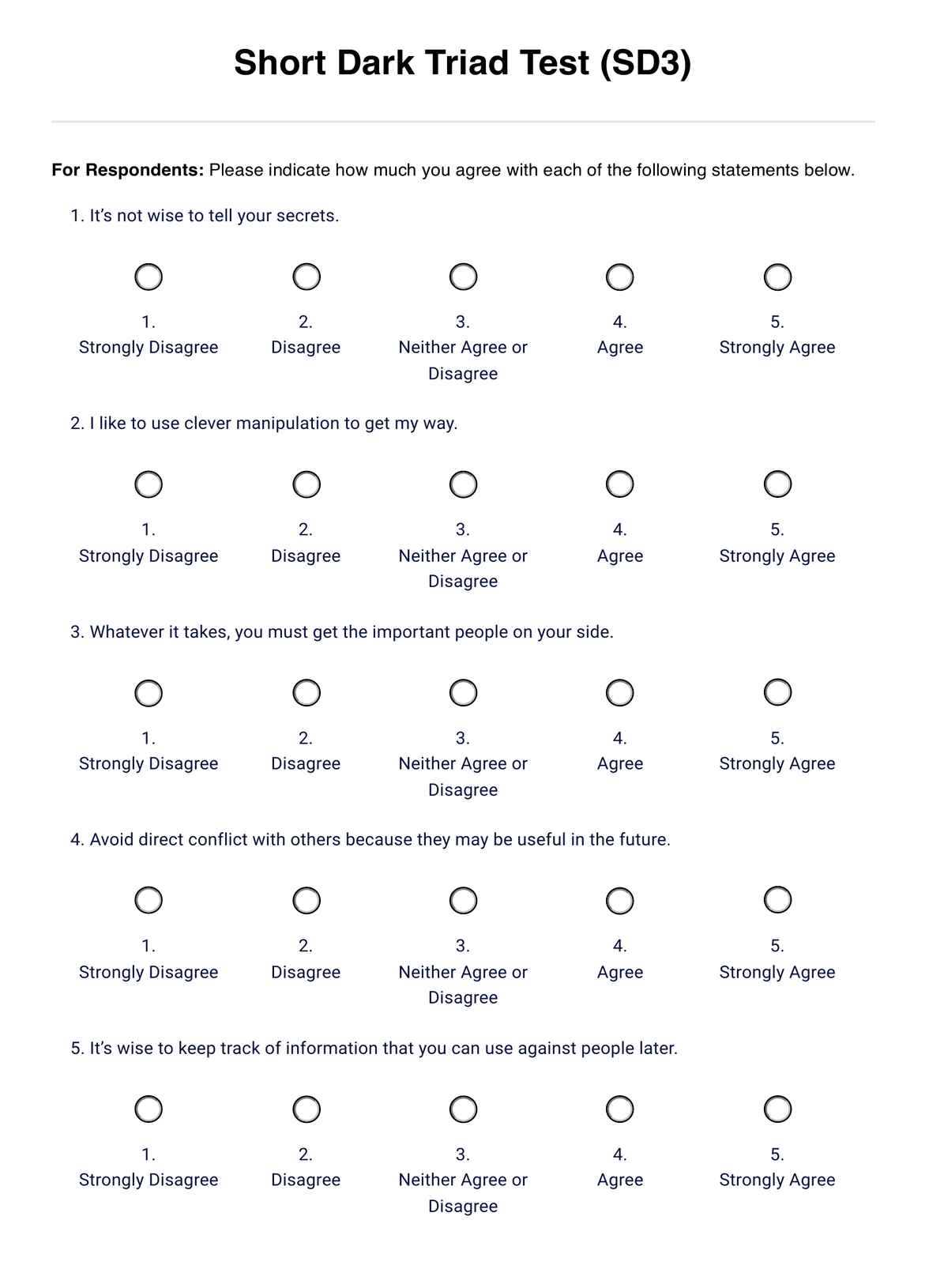
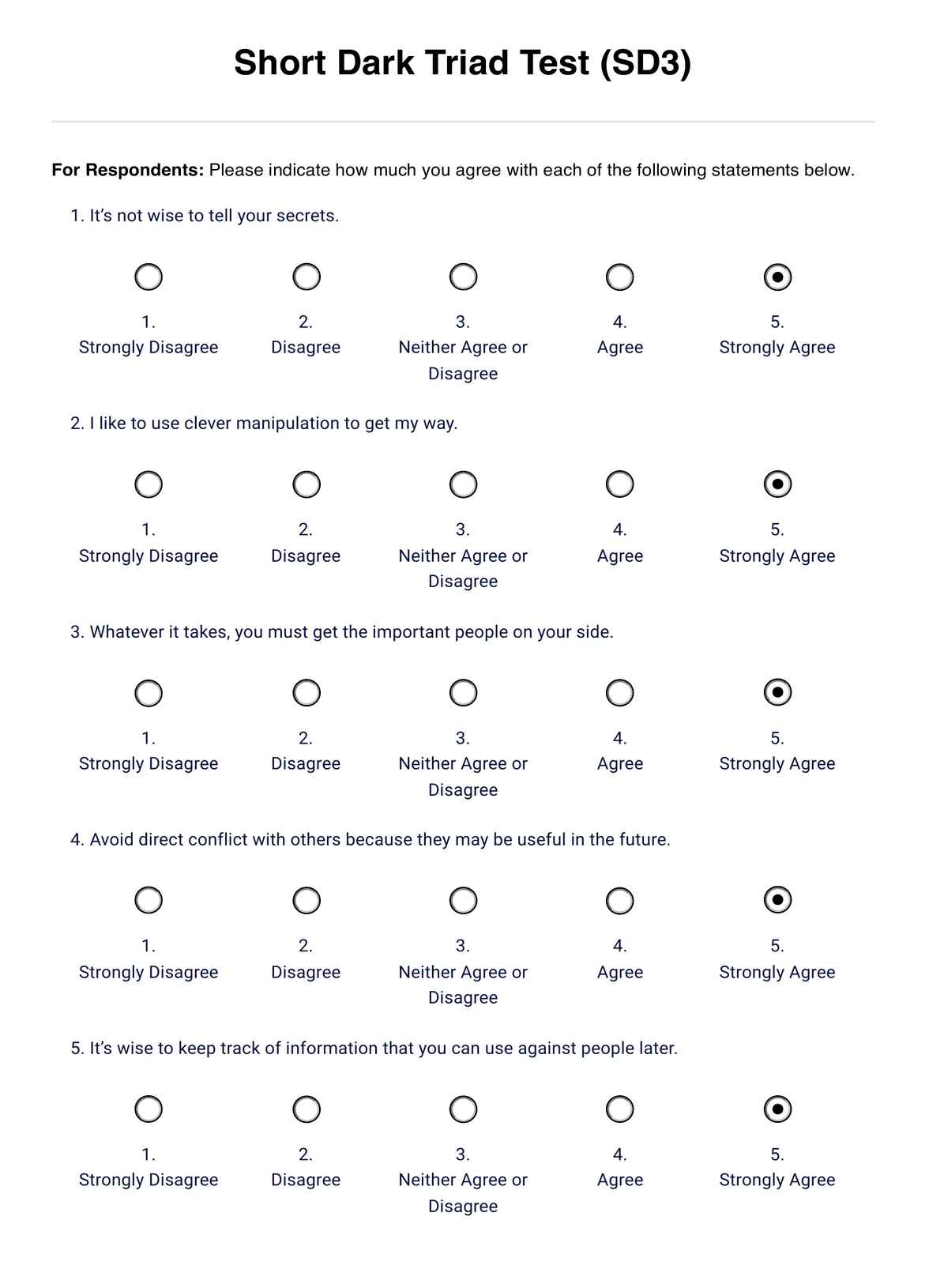

















-template.jpg)



















































































